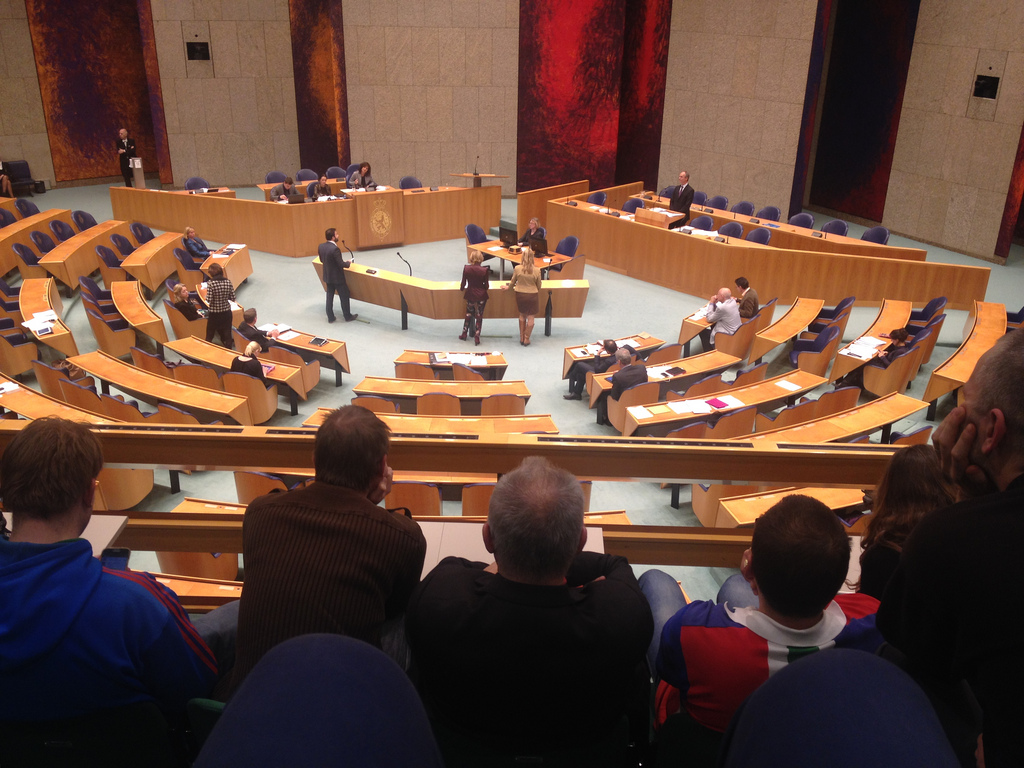by Daan Lunsingh Scheurleer
On January 29th, 2019, a bill introducing a collective damages action on an opt-out basis for persons domiciled in the Netherlands was adopted by the lower house of Dutch Parliament. The bill will now be submitted to the upper house for approval. If approved, the bill may come in to force and effect on July 1st, 2019 at the earliest. However, this would require a rather swift approval process and January 1st, 2020, seems to be the more likely effective date. Under the current collective litigation regime, no monetary damages can be sought on a collective basis. The essence of the bill is that this restriction will be removed, so that a group action for monetary damages is possible. At the same time, the bar is raised for collective claims in order to achieve a fair and balanced system, which provides a higher level of finality for defendants. Under the new regime, finality is also increased by making a court ruling awarding or denying the collective relief sought binding on the individual members of the group, whereas under the current regime, there is no such binding effect.
The general outlines of the bill are as follows:
1. The aim of the bill is to increase the likelihood of reaching a settlement by
* improving the quality of collective action organizations,
* co-ordination of collective proceedings
* and achieving more finality.
2. There will be one single statutory regime for collective actions, regardless of whether these are used to seek monetary damages or other relief. This new regime will apply to collective actions filed after the date on which the Bill will come into force and effect and must relate to an event or events which occurred on or after 15 November 2016.
3. The bill tightens the threshold requirements to be met by collective action organizations in order to have their collective claims admitted as far as governance, funding and representation are concerned.
4. In addition, there must be a sufficiently strong connection between the collective claim and the jurisdiction of The Netherlands in order to be admitted as a collective action. This is the case if
* the majority of the persons in whose interest the action is brought reside in The Netherlands, *
* or the defendant is domiciled in The Netherlands and there are additional circumstances which are indicative of a sufficient link with the jurisdiction of this country
* or the event or events to which the action relates took place in The Netherlands. This criterion is separate from the criteria applicable to the determination of the international jurisdiction of the Dutch court.
5. All collective claims must be entered into a central register for collective actions.
6. If there are more collective action organizations wishing to bring an action for the same event(s) on similar points of law and of fact, the court will select the most suitable organization as Exclusive Representative for all injured parties domiciled in the Netherlands and for non residents who have opted in.
7. The non-selected representatives remain parties in the proceedings.
8. After the appointment of the Exclusive Representative individual members of the group for whose benefit the action has been brought can withdraw from this group by opting out. The action will then go forward on the merits. Those who opt out must pursue their claim individually and will not be able to benefit from the collective action. This should increase finality and should decrease the risk of free riding.
9. The court judgment is binding on all injured parties domiciled in the Netherlands who have not opted out and on all non Dutch residents who opted in.
With this bill, the Dutch legislator seeks to strike a proper balance between the parties for whose benefit the collective action is brought on the one hand and the defendants on the other. The stricter requirements for admissibility that are to be applied by the court at the start of the proceedings have also been introduced with the aim of protecting the parties whose interests are to be represented. This will probably lead to a further professionalization of foundations and associations that wish to bring collective actions.
The author, Daan Lunsingh Scheurleer is Partner at NautaDutilh in the Netherlands.



